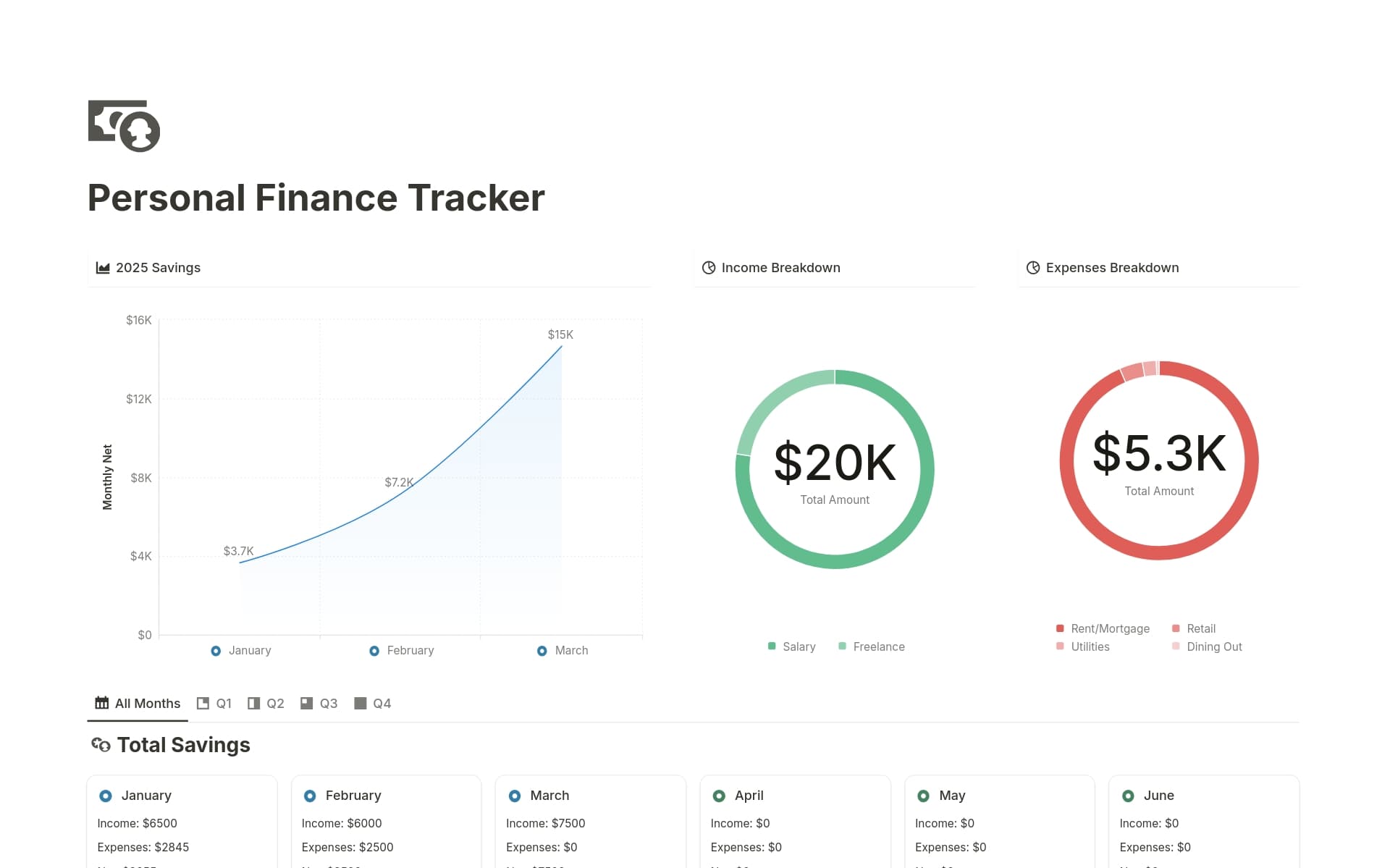Design iterations are crucial for refining concepts, enhancing functionality, and ensuring the end product meets user needs and expectations. They allow for continuous improvement and adaptation, which is essential in a fast-paced and ever-changing environment. A Design Iterations template in Notion can help organize and track these changes, making the process more efficient and collaborative.
Before you start creating your own design iterations, check out these Design Iterations Notion templates below to help make it easier.
What Should Design Iterations Templates Include?
Choosing the right Design Iterations Template in Notion can streamline your creative process and ensure effective communication within your team. Here are key components to look for:
Version Control: A good template should have a clear system for tracking changes and updates, allowing you to easily compare different iterations.
Feedback Integration: It should facilitate easy collection and organization of feedback from various stakeholders, ensuring that all voices are heard and considered.
Visual Previews: Look for templates that support embedding or linking to visual previews, making it easier to visualize changes and progress directly within the template.
Task Management: Essential for keeping the project on track, this component should help you assign tasks, set deadlines, and monitor progress.
With these components, a Design Iterations Template not only enhances collaboration but also helps maintain a clear vision throughout the design process.
What Should Design Iterations Templates Avoid?
When selecting a Design Iterations Template in Notion, it's important to be aware of certain features that might complicate or hinder your design process rather than streamline it.
Overly Complex Structures: Templates with too many nested pages or intricate frameworks can lead to confusion, making it difficult to maintain a clear overview of the design iterations.
Fixed Content Fields: Avoid templates that do not allow customization of content fields. Flexibility is key in design to adapt to varying project needs and creative directions.
Non-Collaborative Features: Steer clear of templates that lack options for team collaboration. Design iterations often require input from multiple team members, and collaborative tools are essential.
Choosing the right template involves looking for simplicity, flexibility, and collaborative capabilities to ensure it enhances your design process effectively.













